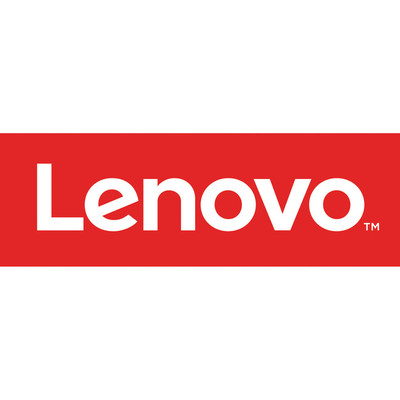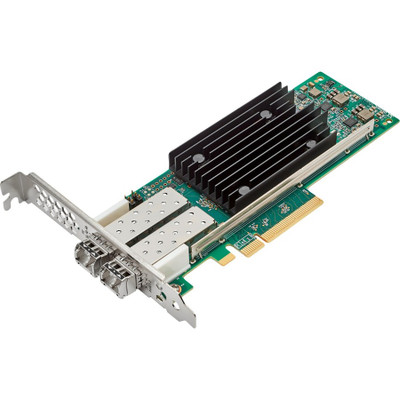The ThinkSystem QLogic QML2692 Mezz 16Gb 2-Port Fibre Channel Adapter is an Enhanced Generation 5 (Gen 5) 16 Gb FC adapter for ThinkSystem blade servers. The adapter, based on Cavium technology, offer industry leading native FC performance with extremely low CPU usage with full hardware offloads. Enhanced Gen 5 FC technology provides advanced storage networking features capable of supporting the most demanding virtualized and private cloud environments, while fully leveraging the capabilities of high-performance 16 Gb FC (16GFC) and all-flash arrays (AFAs).
This product guide provides essential presales information to understand the QLogic mezz adapter and its key features, specifications and compatibility. This guide is intended for technical specialists, sales specialists, sales engineers, IT architects, and other IT professionals who want to learn more about the adapter and consider its use in IT solutions.
- Single-pane-of-glass management across generations of QLogic FC adapters with QLogic QConvergeConsole (QCC).
- Read diagnostic parameters (RDP) feature provides detailed port, media, and optics diagnostics to easily discover and diagnose link-related errors and degrading conditions on any N_Port-to-F_Port link.
- Using the Brocade ClearLink diagnostic port (D_Port) available on the Brocade Gen 5 switches, administrators can quickly run automated diagnostic tests to assess the health of links and fabric components.
- Fabric-assigned port worldwide name (FA-WWN) and fabric-based boot LUN discovery (F-BLD) pre-provisioning services allow servers to be quickly deployed, replaced, and moved across the SAN; the creation of zones, LUNs, and other services can be completed before the servers arrive on site.
- Support for Message Signaled Interrupts eXtended (MSI-X) improves host utilization and enhances application performance.
- T10-PI data integrity with high performance offload provides end-to-end data corruption protection.
- Industry-standard class-specific control (CS_CTL)-based frame prioritization Quality of Service (QoS) helps alleviate network congestion by prioritizing traffic for time-sensitive mission critical workloads for optimized performance.
- Support forward error correction (FEC) to enhance reliability of transmission and thereby performance.
- Independent function, transmit and receive buffers, an on-chip CPU, DMA channels, and a firmware image for each port enable complete port-level isolation, prevent errors and firmware crashes from propagating across all ports, and provide predictable and scalable performance across all ports.
- Maximum performance with up to 1.3 million input/output operations per second (IOPS) to support larger server virtualization deployments and scalable cloud initiatives, and performance to match new multicore processors, SSDs/flash storage, and faster server host bus architectures.


































